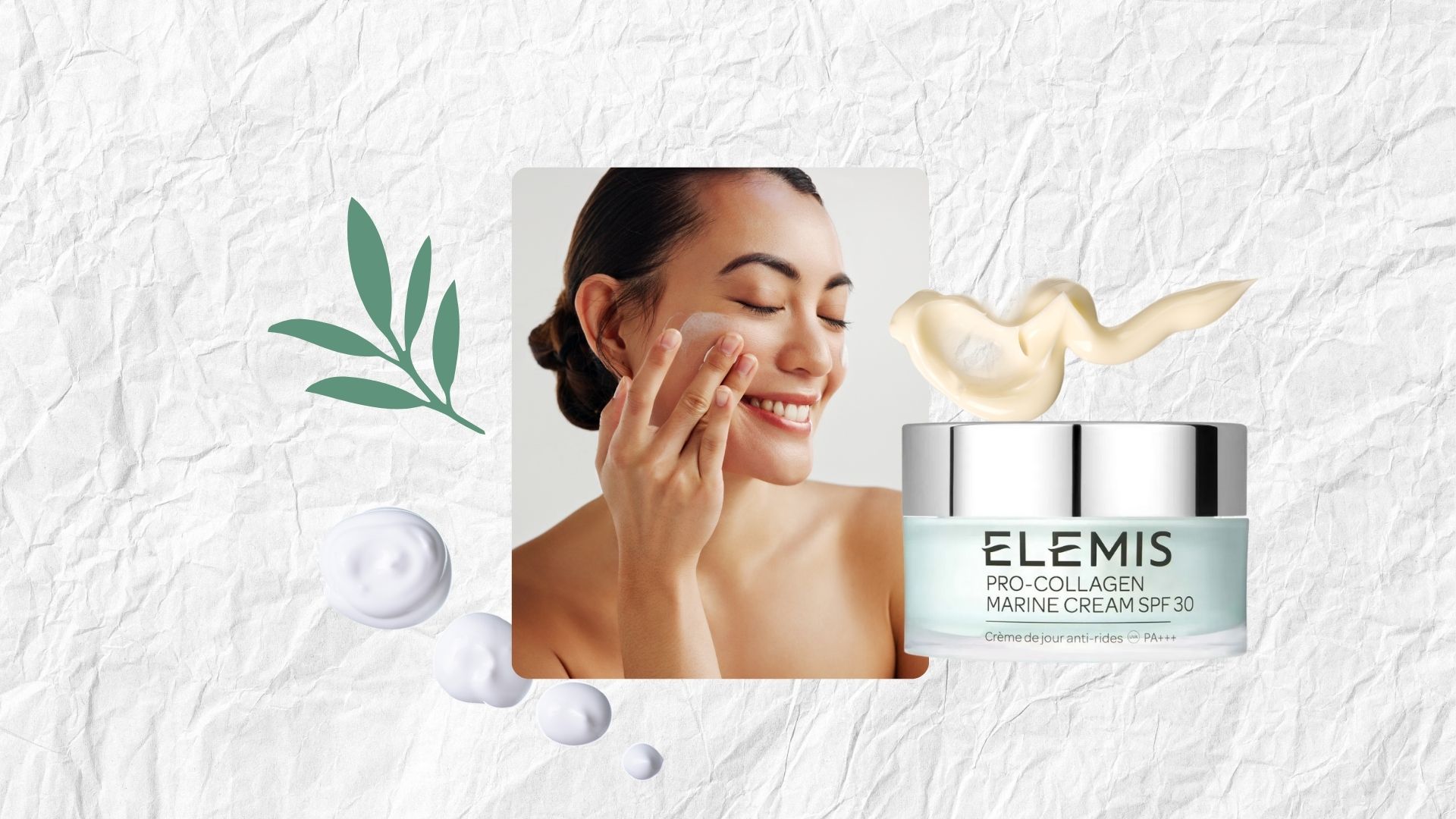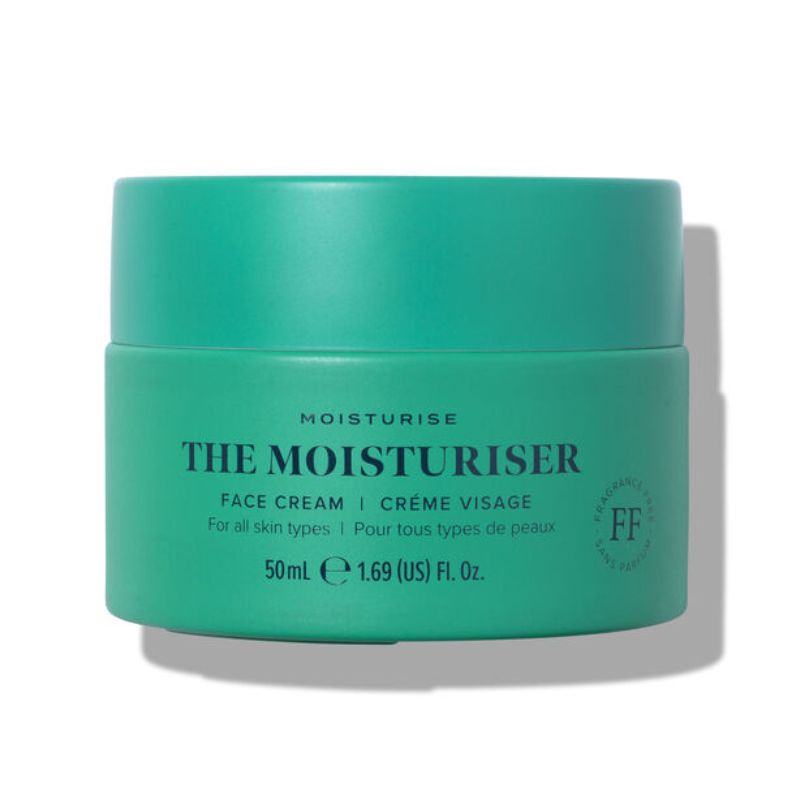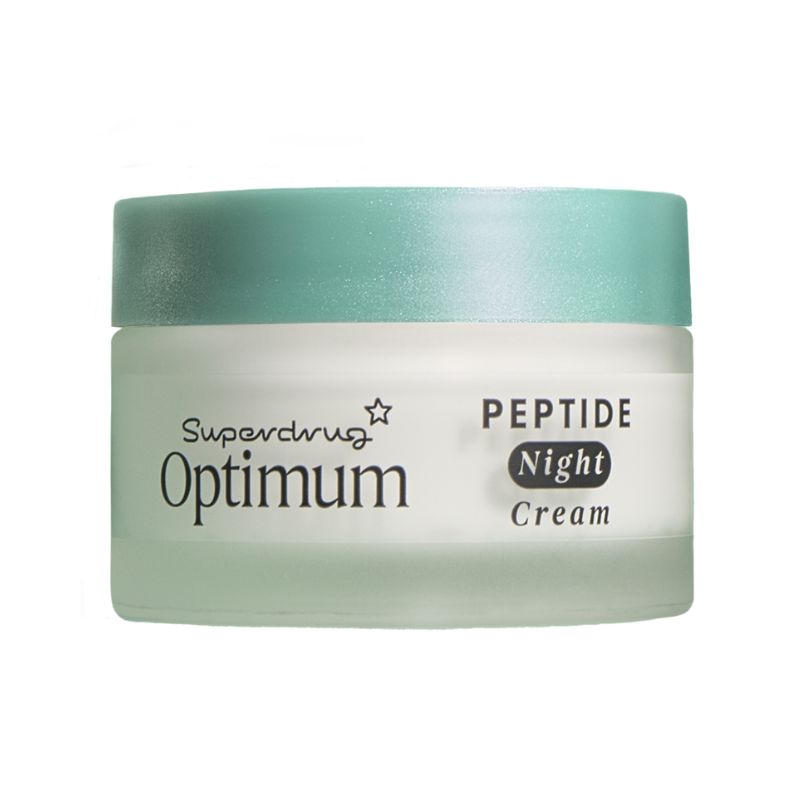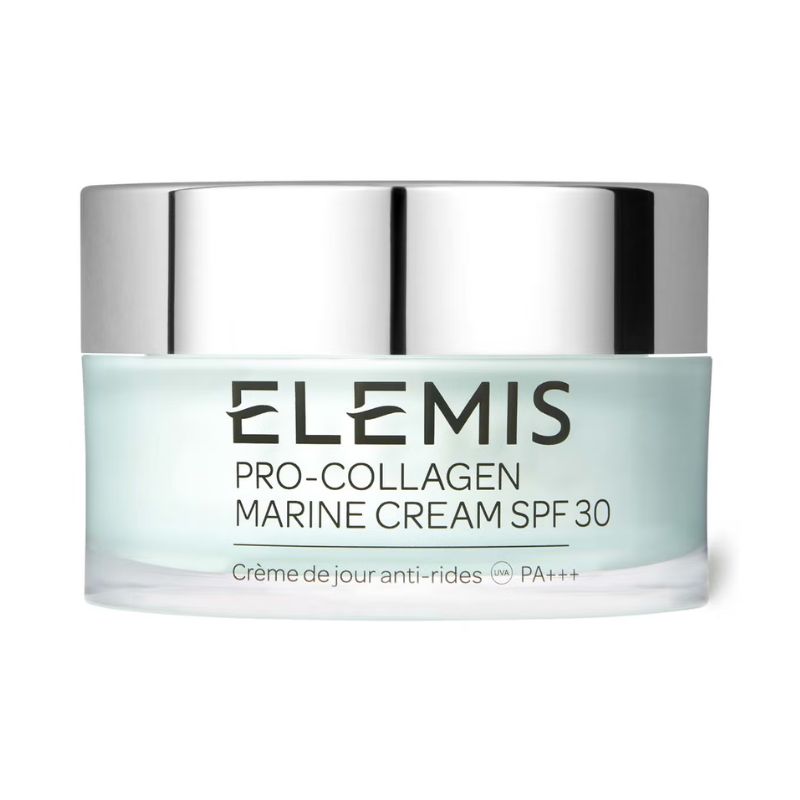I asked the experts how much moisturiser I should use – turns out I’ve been applying way too much
How much moisturiser is too much, and how much is too little? I asked the two skincare gurus for answers


I love skincare. Every day, no matter how busy I am, I find cleansing my skin and layering it in serums and moisturiser a total treat.
The only catch is that I approach skincare in the same way I do a sharing bag of chocolate buttons – with a very, very heavy hand. I take big, greedy, greasy scoops out of my balm cleanser and smother huge dollops of the best face moisturiser on my skin.
As you can imagine, I get through skincare pretty quickly (my best night cream for oily skin takes the brunt), and it’s becoming an expensive habit. To find out if I’m overdoing it, and I think we all know the answer to that, I asked two experts how much moisturiser I should use to reap all its brilliant benefits without being wasteful.
How much moisturiser should I really be using? Experts weigh in
Both the experts I asked answered this question in fruit or veg terms. Skin expert and founder of Skin Rocks, Caroline Hirons, recommends “the equivalent size of two blueberries, or three, if your skin is particularly dry.” Caroline has also done something both very clever and very helpful with her brand by adding a ‘use this much’ circle to the lids of all Skin Rocks products, so you don’t need to measure against actual blueberries in your bathroom.
If you’re not sure how much moisturiser to apply where, aesthetics expert and ambassador for Superdrug's Optimum Peptide range, Dr Nora Jafaar says that “a good rule of thumb is a pea-sized amount per zone.” So that’s a pea for your forehead, a pea for each cheek and one for your chin. “This allows for full facial coverage without waste.”
Dr Jafaar adds, “If a product is well-formulated and spreads easily, you don’t need large amounts to be effective.” Accidentally got too much out? Don’t worry. Just take it down to your neck and décolletage. It’ll be a nice added extra to support your best neck cream. If it’s a tinted moisturiser, different rules apply, as it’s a makeup product first and skincare second.
My favourite day and night creams

RRP: £58
Find that fragrance irritates your skin? Or just puts you off? Try this. It contains ceramides, glycerin and hyaluronic acid for a real hydration hit.

RRP: £18
A gorgeous, velvety moisturiser that leaves dehydrated skin soft and comfortable. It's formulated with peptides to iron out lines for a smoother, less wrinkled complexion.

RRP: £95
Is this very expensive? Yes. Is this a total joy to use and worth every penny in my opinion? Also yes. A hardworking moisturiser that really nourishes skin and encourages collagen production.
What happens if you use too much moisturiser?
As I suspected, it turns out I’ve been going a bit overboard with my moisturiser. Surely more is more, though, right? Well, no. Using too much moisturiser can have a negative impact on your skin, and, as Dr Jafaar alluded to, using more than your skin needs isn’t going to make it more effective.
Dr Jafaar warns that too much moisturiser can “leave a greasy or sticky feel, particularly in humid climates and clog pores, especially in oilier skin types.” Maybe those mystery spots I’ve been getting aren’t quite so mysterious after all…
Sign up to our free daily email for the latest royal and entertainment news, interesting opinion, expert advice on styling and beauty trends, and no-nonsense guides to the health and wellness questions you want answered.
Surplus product is also bad news for your makeup. “Your skin can only absorb so much, so using too much product means the excess will just sit on top,” advises Hirons. “This is wasteful and will lead to your makeup sliding around during the day, or ending up on your pillow at night.” It might also make your makeup pill, which is where it rolls into annoying little balls on the skin.
If you are feeling the need to use more moisturiser, and not just because you’re greedy like me, think about why you’re doing it. Is it because your skin still feels tight and dry? Or because your complexion is drinking all the moisturiser up in record time? In either case, you’re probably using the wrong moisturiser for your skin type.
“The amount shouldn’t need to change from person to person, unless the formula isn’t working hard enough for you,” Hirons says. For example, “very dry skin should use a regular amount of a richer product.” Look out for ingredients like hyaluronic acid and glycerin that draw moisture into the skin and actives like squalane and ceramides which seal it there. These make for the best moisturisers for dry skin.
What happens if you don’t use enough moisturiser?
On the flipside, not using enough moisturiser can also have consequences. Dr Jafaar says, “using too little can leave skin dehydrated, tight, more prone to irritation and flaking and less responsive to actives like peptides, which perform best in hydrated skin.” It’s like trying to get through a busy day without a sip of water – you’re not going to be performing at your best.
“There is a misconception that if you’re very oily then you shouldn’t use moisturiser at all,” Hirons adds. “Don’t do this. Your skin may over-produce oil to compensate for the lack of moisture, leaving you right back where you started. If you are dry, not using enough will likely lead to tight, uncomfortable skin later in the day.” Stick with the blueberries and peas team – your skin will thank you for it.
Jess Beech is an experienced fashion and beauty editor, with more than eight years experience in the publishing industry. She has written for woman&home, GoodtoKnow, Now, Woman, Woman’s Weekly, Woman’s Own and Chat, and is a former Deputy Fashion & Beauty Editor at Future PLC. A beauty obsessive, Jess has tried everything from cryotherapy to chemical peels (minus the Samantha in Sex and The City-worthy redness) and interviewed experts including Jo Malone and Trinny Woodall.
You must confirm your public display name before commenting
Please logout and then login again, you will then be prompted to enter your display name.
